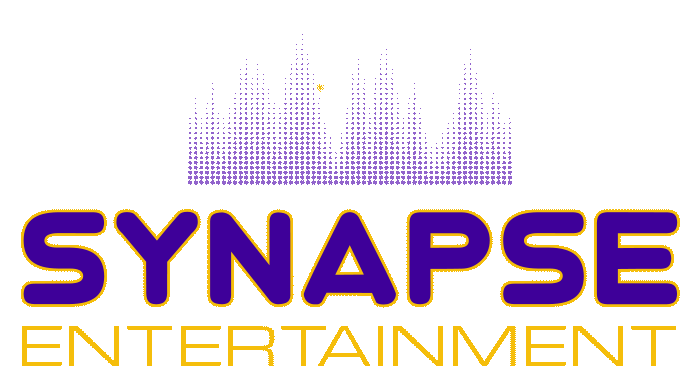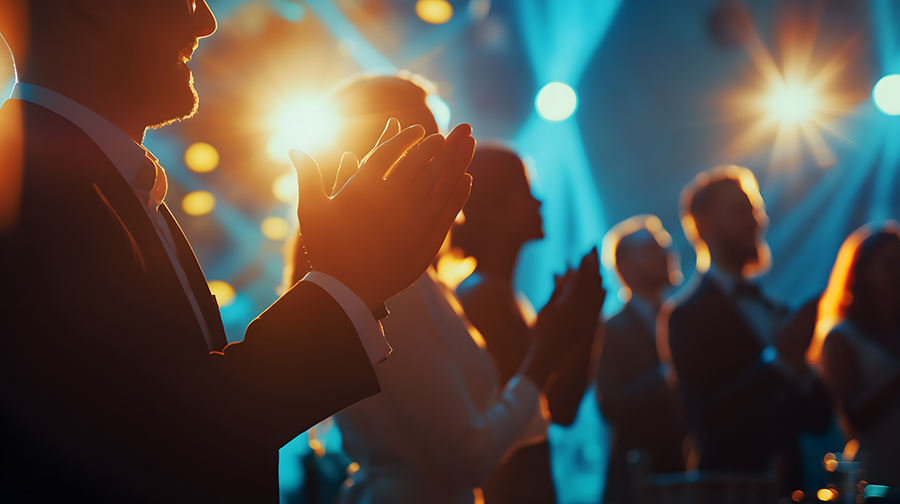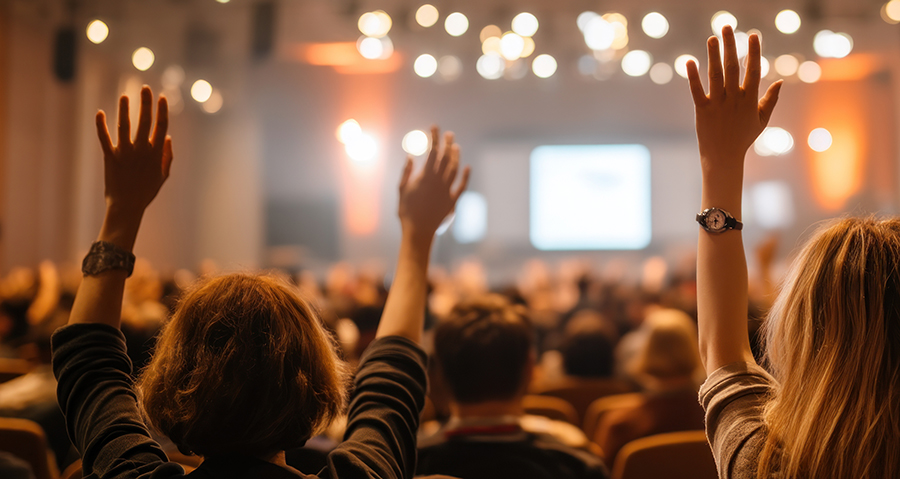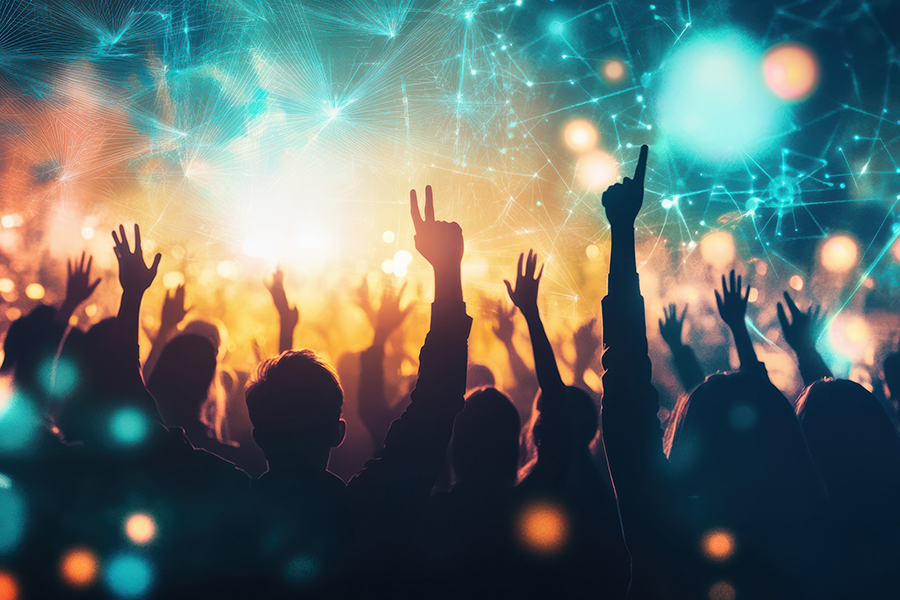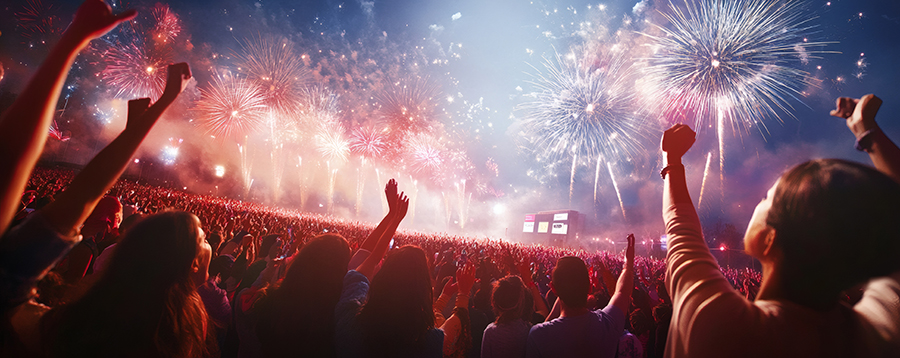Whether you’re planning a festival, a corporate summit, or an intimate brand activation, one truth holds steady across the board—some events leave a lasting impression while others fade before the lights go down. The difference often comes down to more than budget or scale. It’s about intention, execution, and a deep understanding of how to shape experience. The most powerful events today are less about logistics and more about emotional resonance, strategic flow, and authenticity.
They Create Entry Points, Not Just Invitations
Most people don’t show up to an event because of a formal invite—they show up because something caught their curiosity. Impactful events start the experience well before guests ever arrive, using sneak previews, stories, or interactive touchpoints to create anticipation. Instead of a one-time blast, the best events unfold like a trail of breadcrumbs leading to something bigger. It’s less about RSVP counts and more about pulling people into a moment they feel personally connected to.
They Engineer Movement, Not Just Schedules
Time is a tool in good event design, not a box to fill. The most memorable events don’t just map out an agenda—they create a rhythm that carries guests from one moment to the next. Whether it’s a shift in lighting, a curated pause for connection, or the subtle pacing between segments, impactful events think like stage directors. Guests aren’t just attendees; they’re participants in a living narrative, being guided—not herded—through space and time.
They Book Talent That Moves the Room, Not Just the Needle
Entertainment isn’t just filler between keynotes or courses; it’s a critical mood-setter that can define how an event feels and flows. The best events don’t just hire talent; they curate performances that match the tone, culture, and intention of the gathering. Whether it’s a high-energy DJ set to close out a product launch or a sophisticated live act to elevate a corporate dinner, companies like Synapse Entertainment specialize in making those moments unforgettable. With experience in both private and corporate settings, they understand that great entertainment isn’t about volume—it’s about vibe.
They Involve the Audience in the Storyline
A passive crowd is forgettable. But when people are invited into the creative process—whether through live polling, user-generated content, or moments that adapt to audience energy—they invest emotionally. The most effective events build mechanisms for co-creation, however subtle. Maybe it’s letting guests affect lighting with their phones, maybe it’s an evolving social wall—whatever the tool, the key is creating space for audience agency.
They Treat Content Like Currency
In a world where attention is fleeting, event content becomes the anchor before, during, and after the experience. Great events don’t leave digital content to chance—they have a plan. Whether it’s designing microsites, publishing speaker content, or pushing real-time updates, the experience extends well beyond the venue. For teams looking to build smarter workflows that scale with their creative output, it helps to explore solutions for content marketing management. Digital infrastructure is no longer optional—it’s the backbone of modern events.
They Plan for Energy, Not Just Logistics
The flow of energy in a space is just as important as where the chairs go. Great events are designed around emotional cadence—when people arrive buzzing, when they need a break, when to drop the curtain. It’s not just about “what’s next,” but “how does it feel right now?” This kind of emotional timing requires more than spreadsheets; it requires empathy and a sense for the collective heartbeat of a room.
They Know When to Leave Room for Magic
Not everything needs to be controlled. In fact, the best events often leave just enough room for the unexpected—a surprise performance, an unplanned toast, a beautiful accident. By building in breathing room, you allow spontaneity to surface in powerful ways. People remember moments they didn’t see coming, especially when they land in a space that already feels thoughtful and complete.
What makes an event unforgettable isn’t the fanciest centerpiece or the trendiest keynote. It’s whether people leave feeling moved, connected, and changed—even in small ways. The best events today are built on intention, anchored in experience, and willing to adapt in real-time. You don’t need an unlimited budget to achieve this—you just need to start with the right question: what do you want people to feel when they walk away?
